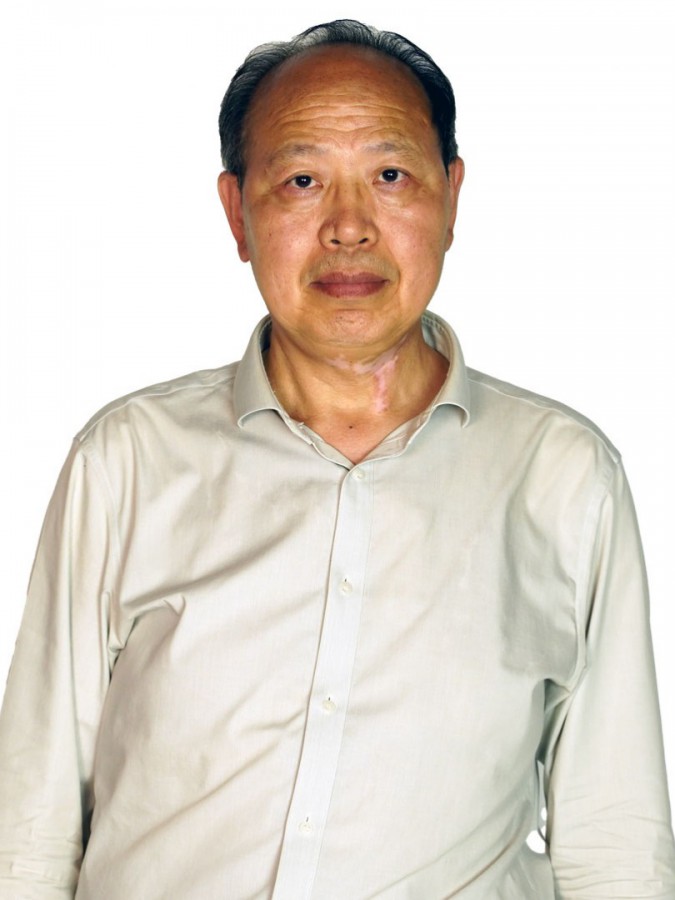abstract
A series of lanthanide fumarates [Sm-2(fum)(3)(H(2)fum)(H2O)(2)] (1, H(2)fum = fumaric acid), [Ln(2)(fum)(3)-(H2O)(4)]center dot 3H(2)O {Ln = Tb (2a), Dy (2b)} and [Ln(2)(fum)(3)(H2O)(4)] {Ln = Y (3a), Ho (3b), Er (3c), Tm (3d)} were prepared by the hydrothermal method and their structures were classified into three types. The 3-D framework of compound 1 contains a 1-D infinite [Sm O Sm](n) chain built up from the connection of SmO8(H2O) polyhedra sharing edges via three -COO group bridges of fumarate ligands, which is further constructed into a 3-D network structure with three kinds of fumarate ligands. Compounds 2a-b are isostructural and consist of a 3-D porous framework with 0-D cavities for the accommodation of chair-like hexameric (H2O)(6) clusters. Compounds 3a-d are isostructural and have a 3-D network structure remarkably different from those of 1 and 2a-b, due to the different coordination numbers for the Ln(3+) ions and distinct fumarate ligand bridging patterns. A systematic investigation of seven lanthanide fumarates and five reported compounds revealed that the well-known lanthanide contraction has a significant influence on the formation of lanthanide fumarates. The magnetic properties of compounds 1, 2b and 3b-3d were also investigated.
keywords
METAL-ORGANIC FRAMEWORKS; SINGLE-MOLECULE MAGNET; COORDINATION POLYMERS; REVERSIBLE DEHYDRATION; FLUORESCENCE EMISSION; CRYSTAL-STRUCTURE; PHOTOLUMINESCENCE; COMPLEXES; ND; LN
subject category
Chemistry
authors
Tan, XF; Zhou, J; Fu, LS; Xiao, HP; Zou, HH; Tang, QL
our authors
acknowledgements
This work was supported by the NNSF of China (no. 21163022), the NSF of Chongqing Municipality (no. cstc2014jcyjA50002), the Program for Excellent Talents in Chongqing Higher Education Institutions, national funds through the FCT/MEC and when appropriate co-financed by FEDER under the PT2020 Partnership Agreement. The authors are also grateful to Chongqing Normal University for financial support (14CSLJ02,13XLZ07).


